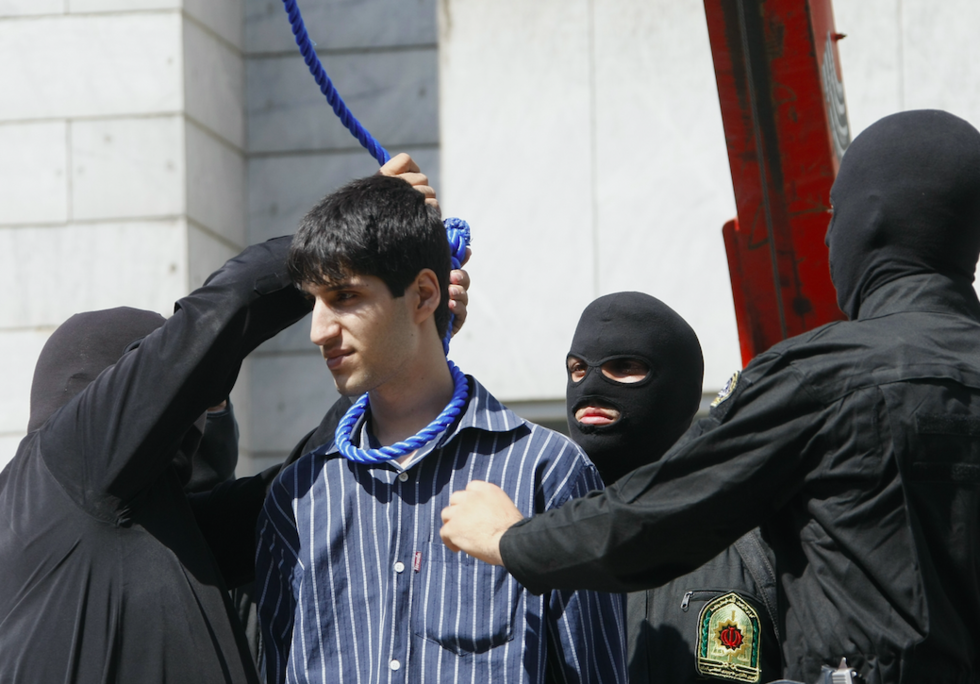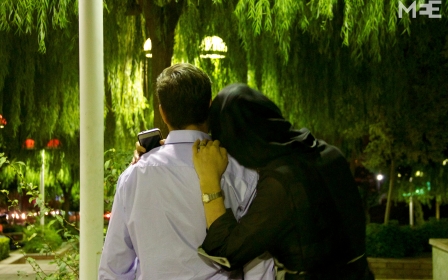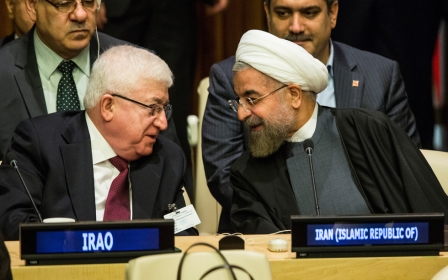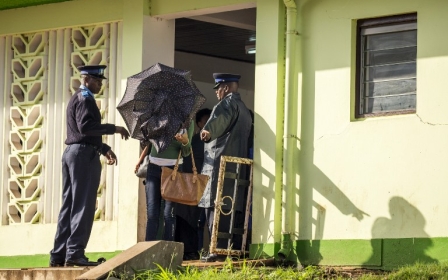Iranian MPs call for death penalty to be abolished in drug cases

Seventy Iranian MPs have signed a proposal that would see the death penalty eliminated for people convicted of non-violent drug offences.
The lawmakers, a minority in Iran’s 290 parliamentarians, signed the bill on Tuesday, the first time such a proposal has come directly from Iranian politicians.
At least 69 percent of the almost 700 executions carried out in the first six months of 2015 were for non-violent drugs offences, in a country where being found in possession of as little 30 grams of certain drugs merits the death penalty.
This year has seen a huge spike in drugs-related executions, with campaigners saying more people have been put to death than in the preceding two decades.
Although liberal commenters in Iran welcomed Tuesday’s bill, the text of which has not been made public, human rights campaigners have urged caution, warning that the move could be part of a push to secure renewed funding for a controversial UN anti-drugs programme.
“It is interesting that this has come out of the parliament [rather than the judiciary] – but it is too early to be optimistic,” said Mahmood Amiry-Moghaddam, spokesperson for the Norway-based anti-death penalty group Iran Human Rights.
“The motion proposes removing the death penalty for drugs offences apart from when the suspect is armed. And this is the big question mark: authorities always say those they execute for drugs offences were armed, but in almost every case we have had access to this hasn’t been the case.”
The Iranian judiciary has previously proposed moves to end the death penalty for non-violent offences, but suffered a setback in March when the Interior Minister, Abdolreza Rahmani Fazli, urged the courts not to show “mercy” to those convicted of drugs offences.
“Drug traffickers must be hanged and the judiciary should not have any mercy in dealing with these individuals,” Fazli told a press conference, citing “pressure” on Iran to curtail the flow of narcotics into Europe.
Amiry-Moghaddam also suggested that the bill’s timing was “no coincidence,” with many UN-funded anti-drugs programmes due to end at the close of 2015.
Iran is a key player in the global war on drugs, and is part of programmes run by the UN Office on Drugs and Crime (UNODC) aimed at combatting cross-border trafficking.
The programme was mired in scandal a year ago, with protests over European states funnelling anti-drugs money into a country that regularly executes people for drugs offences, despite international law stipulating that the penalty should be used only for the “most serious crimes”.
The UN project was not suspended, but many of its programmes will come to an end at the end of the year, with UNODC currently in talks to start up a new five-year programme in Iran.
“Iranian authorities are under pressure – Western countries don’t want to be associated with hundreds of drugs-related executions every year,” said Amiry-Moghaddam, suggesting that the bill could be linked to negotiations over renewing the UNODC funding.
“Any change in the law, if this motion is really presented and the Guardian Council approves it, is a positive step. But we must keep in mind that the issue is much more complex.”
New MEE newsletter: Jerusalem Dispatch
Sign up to get the latest insights and analysis on Israel-Palestine, alongside Turkey Unpacked and other MEE newsletters
Middle East Eye delivers independent and unrivalled coverage and analysis of the Middle East, North Africa and beyond. To learn more about republishing this content and the associated fees, please fill out this form. More about MEE can be found here.




